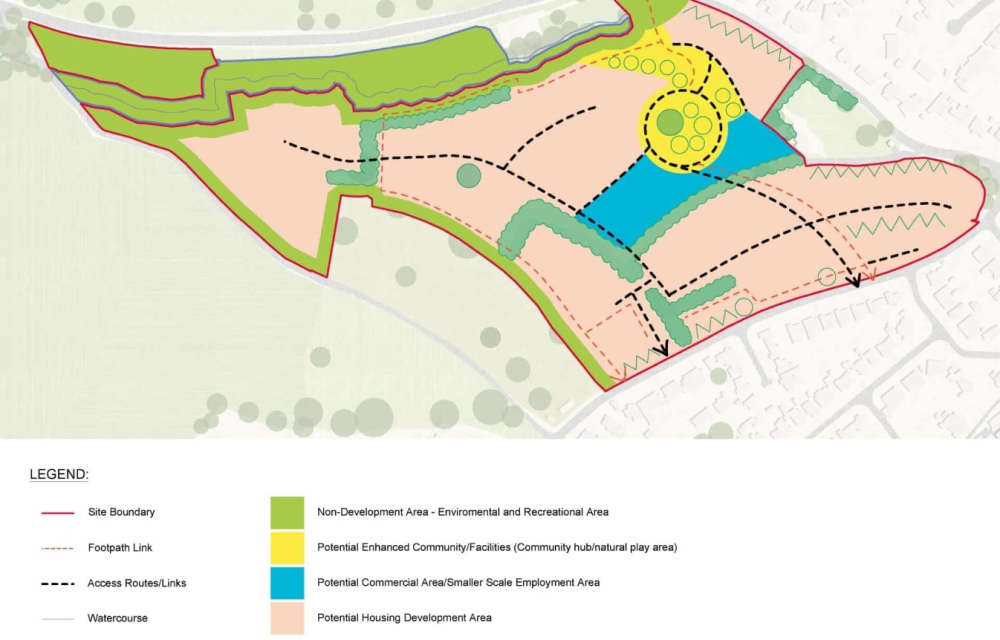
Large investment in tiny research
Exeter is getting £20 million for a science hub to develop new microscopic materials, paving the way for new jobs and businesses.
Based at Exeter University, what is being called a MetaHub will help to create new medical sensors, next-generation computers and healthier soft drinks.
Science minister Lord Vallance, former chief medical officer Patrick Vallance, announced the public and private funding at the university at the weekend.
The hub will focus on ‘nanoscale metamaterials’ – a new class of advanced tiny materials, designed at the molecular level, so that they have new and useful properties not found in the natural world. This could enable components to be created that are much smaller than current technology allows, or that can perform new functions that aren’t possible with existing materials.
These new materials could be used to make the next generation of computer components and radio transmitters for defence systems, diagnostic tools for healthcare, and healthier food colourings for soft drinks. Their work is being backed by businesses ranging from defence and security firms QinetiQ and Leonardo to multinational drinks manufacturer PepsiCo.
Lord Vallance said: “The work happening here in Exeter is a prime example of how cutting-edge research can attract private investment and drive economic growth, in every corner of the UK, which will be critical to our economic mission at the core of the Plan for Change.
“Our backing for the MetaHub is an investment, for both today and for tomorrow. We are securing the UK’s leadership in the high-potential field of metamaterials, a new class of materials specially engineered to have new and useful properties. This work is paving the way for future products and innovations that will deliver jobs and growth, in the years ahead.”
He met researchers in Exeter who are leading initiatives across climate change, critical minerals and human genomics which together with MetaHub represent £80 million of new public and private sector investment into Cornwall and Devon.
Professor Charlotte Deane, Executive Chair at EPSRC said: “We’ve nurtured metamaterials research for many years and it’s fantastic to see it grow from a few individual research groups in the 1990s to a rapidly expanding and thriving research community today.
“By harnessing the control of light, energy and information, the MetaHub has the potential to benefit both civil and defence sectors. From more efficient, effective and secure computing and communication to advanced sensing and energy generation, this research will take curiosity-led research to tangible outcomes.”
Whilst in Exeter, Lord Vallance also visited the Met Office. As the UK’s national weather forecasting service, the Met Office’s work is critical to the safe and routine operation of transport, energy, businesses and even national security – efforts bolstered by the switchover to the world's first cloud-based supercomputer dedicated to weather and climate science, which went online last month.
 Mission to remember a Devon wartime tragedy
Mission to remember a Devon wartime tragedy
 Brixham green fields homes plan to be submitted this month
Brixham green fields homes plan to be submitted this month
 Devon rapist jailed for 19 years
Devon rapist jailed for 19 years
 Children arriving at Paignton school ‘cold, tired and hungry’
Children arriving at Paignton school ‘cold, tired and hungry’
 Geologists called to survey Exeter landslip
Geologists called to survey Exeter landslip
 Video shows Co-op ram-raid
Video shows Co-op ram-raid
